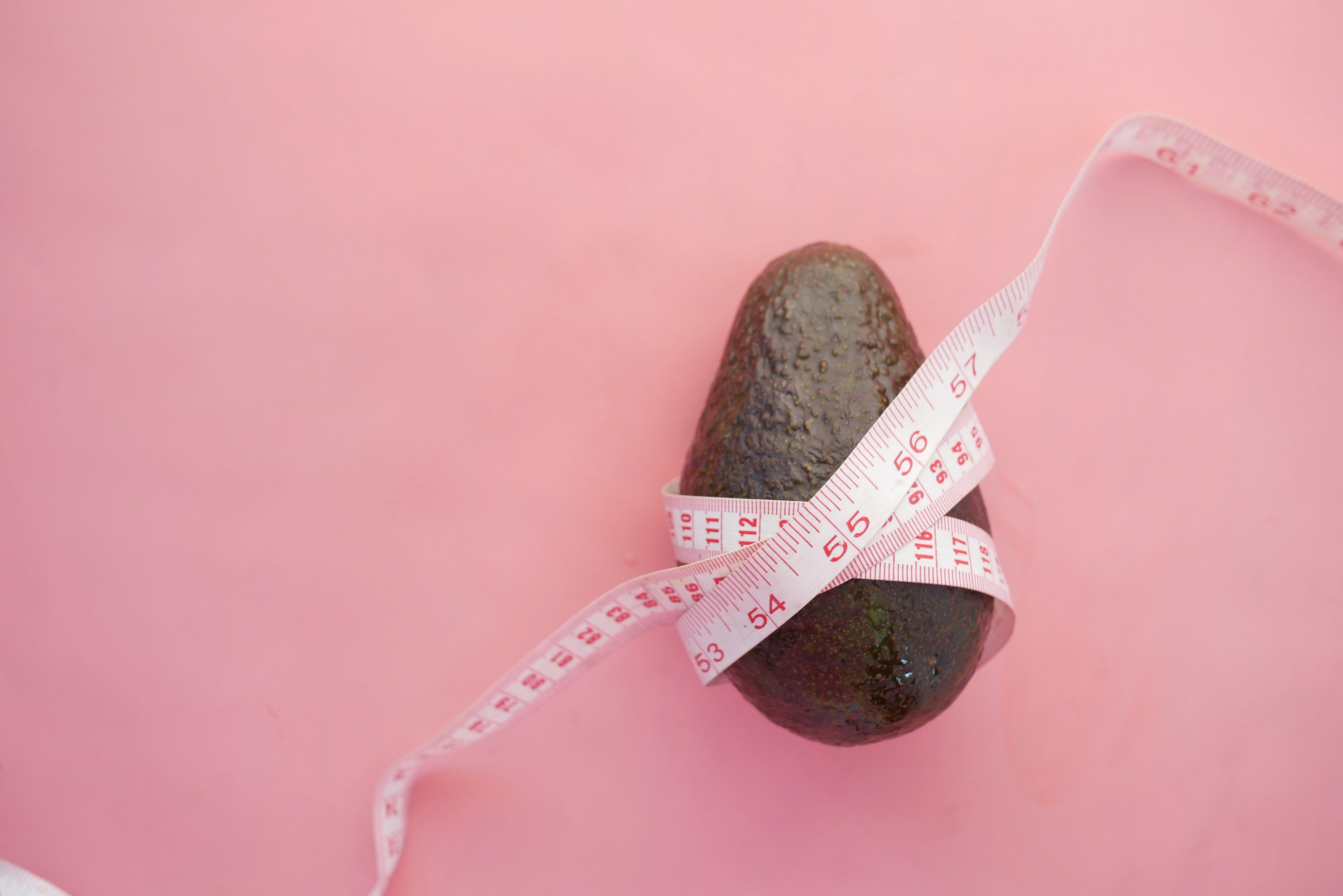Have you ever wondered why certain foods don’t seem to agree with your stomach, even if they are generally considered healthy? If you’ve experienced gut issues like bloating, gas, or even more severe symptoms, the culprit might be something called oxalates. Understanding how oxalates affect your gut and making strategic dietary changes can significantly improve your digestive health.
What Are Oxalates?
Oxalates are naturally occurring compounds found in many plants, including some fruits, vegetables, nuts, and seeds. They’re not inherently harmful, but in high amounts or in sensitive individuals, they can contribute to gut problems. When you consume oxalates, they can bind to minerals like calcium in your intestines and form crystals. These crystals can irritate the gut lining and contribute to conditions like kidney stones.
Foods High in Oxalates
Understanding which foods are high in oxalates is the first step in managing oxalate-induced gut issues. Here are some common high-oxalate foods:
| Food Item | Oxalate Content (mg per serving) |
|---|---|
| Spinach | 755 |
| Rhubarb | 600 |
| Almonds | 469 |
| Beetroot | 152 |
| Sweet Potatoes | 141 |
| Chocolate | 117 |
| Swiss Chard | 109 |
| Black Tea | 50-75 |
These are just a few examples, and the actual oxalate content can vary depending on preparation methods and serving sizes.
Symptoms of Oxalate-Induced Gut Issues
Oxalate sensitivity can manifest in various ways. While some people may experience mild symptoms, others might have more severe reactions. Here are some common symptoms:
Digestive Symptoms
- Bloating: One of the most common symptoms is a bloated or distended stomach after eating high-oxalate foods.
- Gas: Increased gas production can occur because oxalates can irritate the gut lining.
- Diarrhea: Some people might experience loose stools or diarrhea.
Other Symptoms
- Pain: Abdominal pain or discomfort is another possible symptom.
- Fatigue: Chronic gut irritation can lead to fatigue and a general feeling of being unwell.
- Urinary Problems: Since oxalates can contribute to kidney stones, you might also experience urinary symptoms.
Diagnosing Oxalate Sensitivity
If you suspect that oxalates are causing your gut issues, it’s essential to get a proper diagnosis. Self-diagnosis can often lead to unnecessary dietary restrictions or missed underlying issues.
Medical Consultation
Consulting a healthcare provider is crucial. They might recommend:
- History and Symptoms: Document your symptoms and dietary habits.
- Oxalate Test: A urine test can measure oxalate levels in your body.
- Elimination Diet: Temporarily removing high-oxalate foods from your diet under medical supervision can help confirm the diagnosis.
Managing Oxalate-Induced Gut Issues
Once diagnosed, managing oxalate-induced gut issues generally involves a combination of dietary changes and lifestyle adjustments. Here’s how you can go about it:
Dietary Changes
Reducing oxalate intake is the most effective way to manage symptoms. However, it’s important not to eliminate oxalates entirely, as many high-oxalate foods are also rich in essential nutrients.
Low-Oxalate Foods
Here are some foods low in oxalates that you can include in your diet:
| Low-Oxalate Food | Oxalate Content (mg per serving) |
|---|---|
| Apples | 1 |
| Beef | 0 |
| Chicken | 0 |
| Milk | 1 |
| White Rice | 4 |
| Cucumber | 1 |
| Zucchini | 4 |
| Watermelon | 1 |
Moderation and Balance
Instead of completely eliminating high-oxalate foods, focus on moderation. For instance:
- Pair with Calcium: Consuming calcium-rich foods alongside high-oxalate foods can help prevent oxalate absorption. This is because calcium binds with oxalates, preventing them from being absorbed into your bloodstream.
- Drink Plenty of Water: Staying hydrated can help flush oxalates out of your system.
- Cooking Methods: Some cooking methods, like boiling, can reduce the oxalate content in foods.
Probiotics and Prebiotics
Maintaining a healthy gut microbiome can also help manage oxalate sensitivity. Probiotics and prebiotics can improve gut health by promoting beneficial bacteria.
Probiotic-Rich Foods
Here are some probiotic-rich foods you might consider:
| Probiotic Food | Benefits |
|---|---|
| Yogurt | Improves digestion |
| Kefir | Balances gut bacteria |
| Sauerkraut | Boosts immune function |
| Kimchi | Reduces inflammation |
| Tempeh | Enhances nutrient absorption |
Stress Management and Lifestyle Changes
Stress can exacerbate gut issues, making it important to incorporate stress management techniques into your daily routine.
Stress-Reducing Activities
Consider activities like:
- Meditation: Helps calm your mind and reduce stress.
- Exercise: Physical activity can improve gut motility and overall health.
- Adequate Sleep: Ensuring you get enough rest can help your body heal and manage stress better.
Nutritional Supplements
Sometimes, dietary changes alone might not be sufficient. In such cases, nutritional supplements can play a supportive role.
Calcium Supplements
Taking calcium supplements can help bind dietary oxalate and prevent it from being absorbed. However, always consult your healthcare provider before starting any new supplement.
Magnesium and Vitamin B6
Both magnesium and Vitamin B6 play a role in breaking down oxalates. These supplements can be particularly beneficial if you have a known deficiency.
Probiotic Supplements
If you find it challenging to include probiotic-rich foods in your diet, you might consider a high-quality probiotic supplement.
The Role of Medical Interventions
While dietary changes are often effective, there are instances where medical interventions may be necessary.
Medication
Depending on the severity of your condition, your healthcare provider might prescribe medications to manage symptoms.
Regular Monitoring
Regular monitoring through follow-up appointments and tests can help track your progress and make any necessary adjustments to your treatment plan.
Common Misconceptions About Oxalates
With so much information out there, it’s easy to get confused. Here are some common misconceptions:
Misconception 1: Oxalates Are Bad for Everyone
Oxalates aren’t inherently harmful and don’t affect everyone the same way. It’s not necessary for everyone to follow a low-oxalate diet.
Misconception 2: Complete Elimination is Essential
You don’t have to eliminate all high-oxalate foods. Moderation and mindful eating are often sufficient.
Misconception 3: Only Plant-Based Eaters Need to Worry
While high-oxalate foods are mostly plant-based, people on any kind of diet can be affected. It’s more about individual sensitivity than the type of diet.
Personalized Approach to Managing Oxalate Sensitivity
Each person’s experience with oxalates can be different. Tailoring your approach to your specific needs can make managing oxalate sensitivity more effective.
Keeping a Food Diary
Tracking what you eat and how you feel can provide valuable insights. Note the foods you consume, portion sizes, and any symptoms you experience.
Experimenting with Preparation Methods
Different cooking methods can influence the oxalate content in foods. For example, boiling spinach can reduce its oxalate content by up to 87%.
Understanding Your Body
Pay close attention to your body’s signals. If a particular food doesn’t agree with you, even if it’s low in oxalates, it might be worth avoiding.

Long-term Management and Sustainability
Managing oxalate-induced gut issues isn’t usually a quick fix. It requires long-term commitment and continuous adjustments.
Reintegration of Foods
Once you’ve gained control over your symptoms, you might try reintroducing certain high-oxalate foods in small amounts to see how your body responds.
Regular Check-ups
Continue with regular check-ups to ensure that your oxalate levels remain manageable and to make adjustments as needed.
Stay Informed
Nutritional science is continuously evolving. Stay updated with the latest research and recommendations, and be open to making changes as needed.
Conclusion
Oxalate-induced gut issues can be frustrating, but they are manageable with the right approach. By understanding what oxalates are, recognizing the symptoms, getting a proper diagnosis, and making strategic dietary and lifestyle changes, you can live a healthier and more comfortable life. Remember, everyone is different, so what works for one person might not work for another. The key is to listen to your body and consult healthcare professionals for personalized advice.





